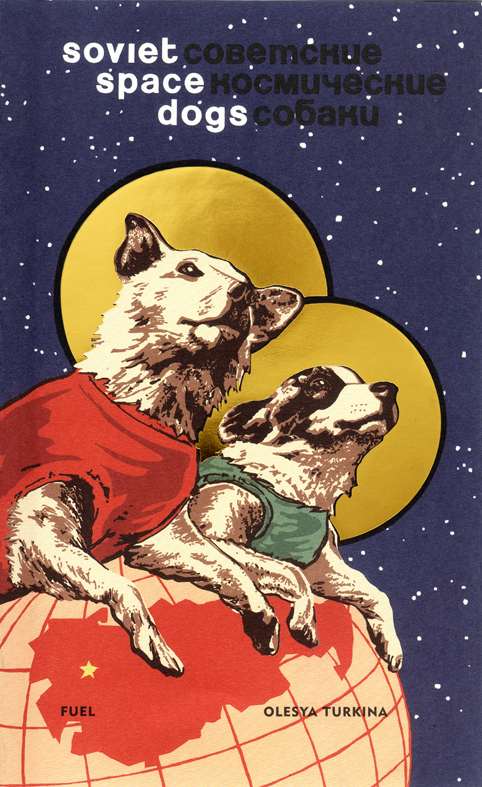November 4, 2024
This day we learned about Postcolonialism historiography. It emerged to push back against Eurocentric history. This school of analysis is home to Edward Said and his book Orientalism. My professor then showed us a brief part from a documentary about Orientalism where Said talks about its definition. Orientalism is a discourse, a set of cultural ideas and stereotypes that the West developed to portray the East. A white Eurocentric view that is imposed. “History [is] a western style of dominating, restructuring, and having authority over the orient.” He then goes on to show a quote from Marx and Ranke, here is the Marx quote from “The British Rule in India” (1853):
“England, it is true, in causing a social revolution in Hindustan [India], was actuated only by the vilest interests, and was stupid in her manner of enforcing them. But that is not the question. The question is, can mankind fulfil its destiny without a fundamental revolution in the social state of Asia? If not, whatever may have been the crimes of England she was the unconscious tool of history in bringing about that revolution.”
How my professor and a fellow student understood this quote is that Marx says that history can only change if Europeans do something, if Europeans are somehow involved. So Marx was very Eurocentric. Do you agree with this interpretation?
We had to read a piece by Dipesh Chakrabarty called “Provincializing Europe” for this lecture. Chakrabarty is part of the Subaltern studies group and focuses on studying the past from the point of view of marginalized Indian peasants. In the piece he talks about how Europe is seen as a “sovereign subject” in history, no matter the topic there is always references to Europe. It’s is practically unavoidable when studying certain periods of time due to rampant and violent colonization. He also talks about this thing called “asymmetric ignorance” which means that EUrope historians can avoid other countries outright, but the same cannot be said for historians of other nations. My notes get a bit weird here and I think it is because class was ending:
India compared to a European benchmark
modernity means: go through revolution, from one idea to another (social/political revolutions). Is India modern?
hyperreal Europe?
And thats where it ends.
I did go to office hours to ask about the paper and my main question was for my topic. Since I want to do Queer historiography, and the only queer history we heard in class was from “Gay New York” I wondered if I could choose a book that was similar. Gay New York was about gay men in New York from the 1800s to the 1960s so I asked him if I could do the same but for a different place: something broad like “queerness in the DDR (GDR).” He said yes. That is not my actual topic, but it might be, I haven’t exactly settled on one yet. I then asked him about my field placement because I got it! It is a research based placement and I wanted to know why he put in the area he did, was it random or was there a reason? He said he does placements based on our skills and location, for me he thought I had good research skills and put me in a job that would reflect that. I obviously wont say where I am being placed next semester but the job is I have to do research for something and that research will be used for a pamphlet or plaque for the public to read. Anyway thank you for all the advice I was given for the placement interview and resume, I believe it helped me get it.


Thanks! I do have you to thank for your advice, I did take it and I believe it really helped in getting me the placement.